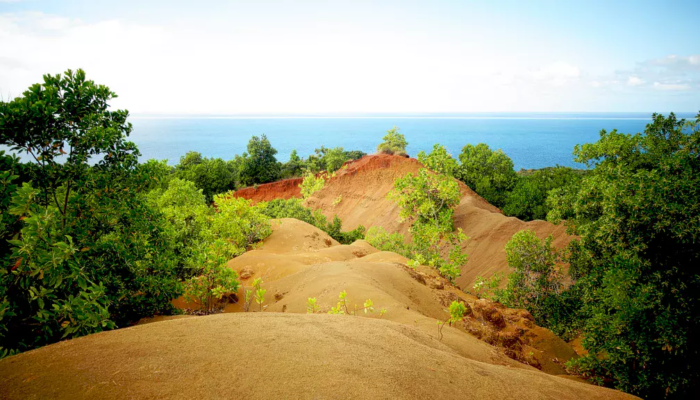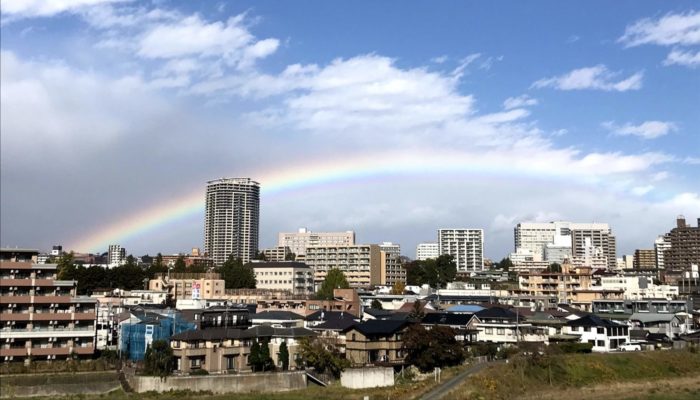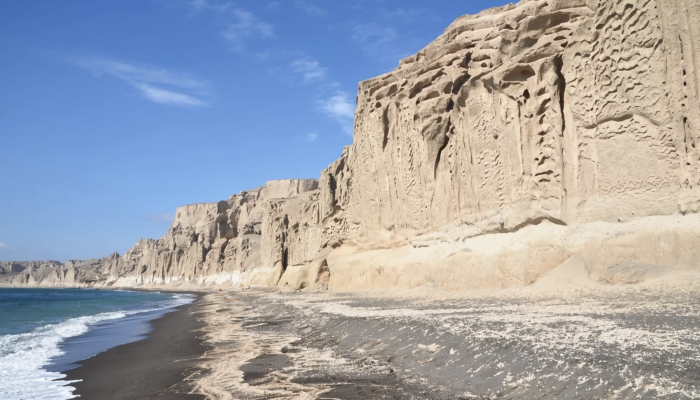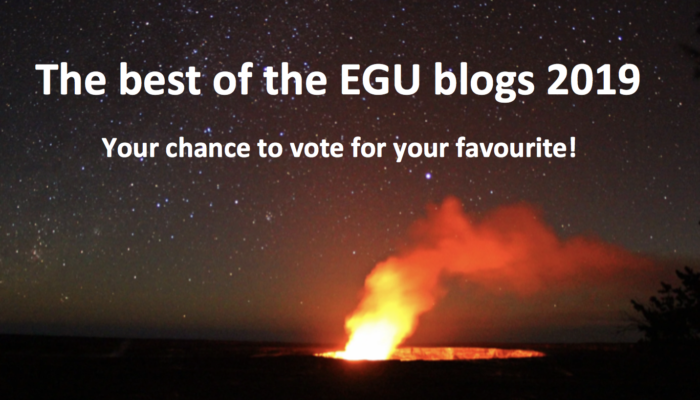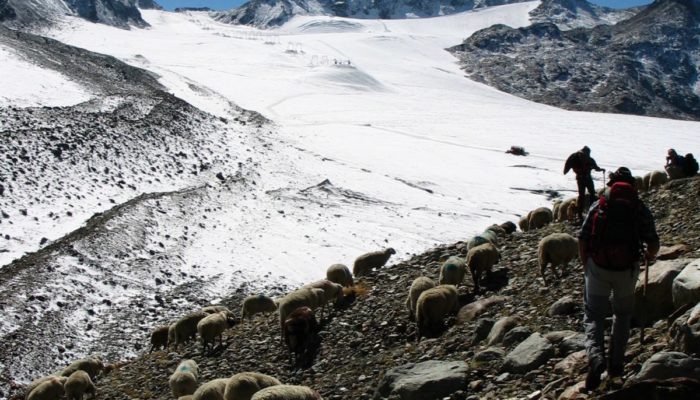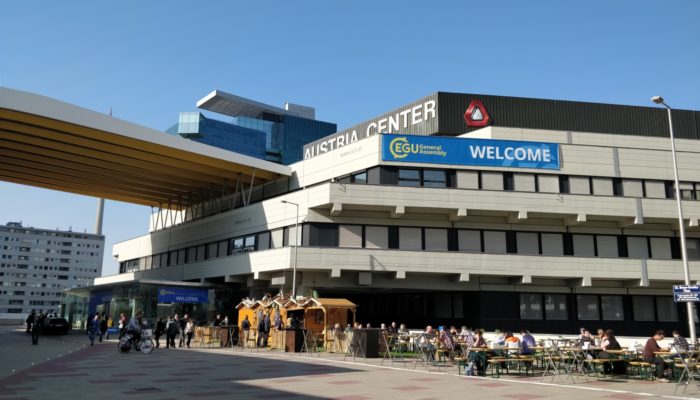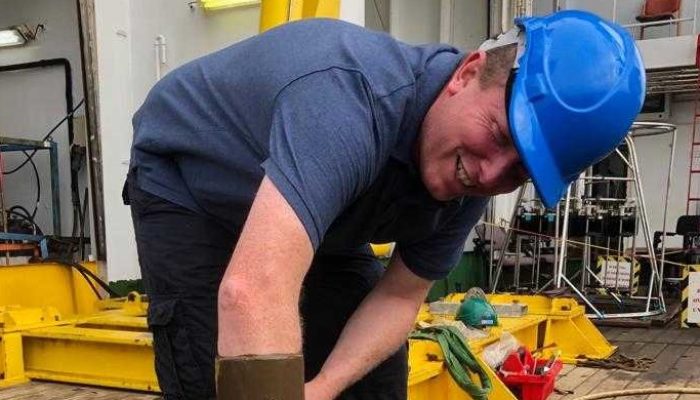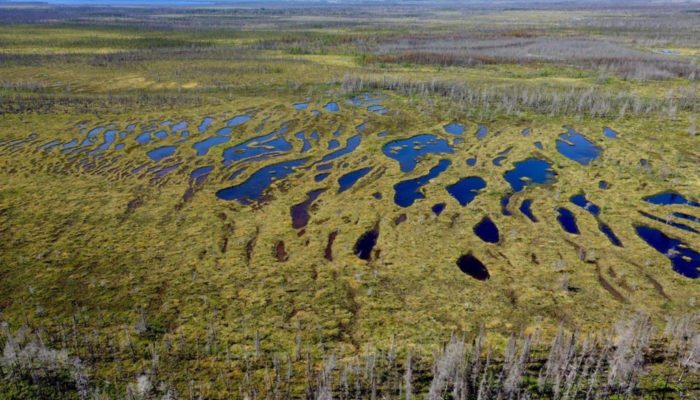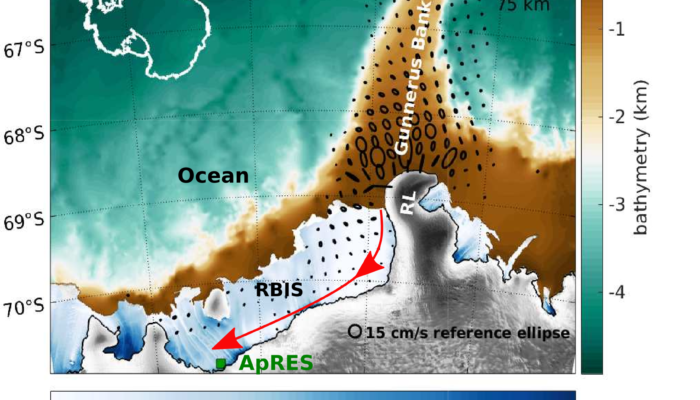Mayotte, the so-called “perfume island”, is a volcanic island of the Comoros Archipelago and a French overseas department which hit the headlines in 2018-2019 with an enigmatic as well as frightening seismic swarm, recently linked to the appearance of a new submarine volcano nearby. Surrounded by one of the largest lagoons in the World and sprinkled with small islands, Mayotte only rea ...[Read More]
If you didn't find what you was looking for try searching again.
Cryospheric Sciences
Climate Change & Cryosphere – The fate of Georgian Glaciers
Display "The fate of Georgian Glaciers" from YouTube Click here to display content from YouTube. Always display content from YouTube Open "The fate of Georgian Glaciers" directly Last week, we learned about the dramatic fate of the Hochjochferner, which has strongly retreated in the past years due to climate change. It represented just one example amongst many alpine glaciers, ...[Read More]
Tectonics and Structural Geology
Sendai, living on the edge!
Sendai and its people live on the edge. The city and its citizens learned to live over a subduction zone. Sendai has survived 500 years of hazards; it is a resilient and industrious city. People know disaster will strike again, but also that they will rise up when it does. Japan, ‘the sunrise country’, would be much better named ‘the land of sinking tectonic plates’. Above the point where the Paci ...[Read More]
GeoLog
Imaggeo on Mondays: Santorini cliffs sculpted by wind and sea
The cliffs look like a bas-relief sculpted by a tireless artist. Naturally carved by the wind and sea, Vlychada’s white cliffs border its black sands, on the southern shore of Thera (Santorini), Greece. Both are of volcanic origin. The material originates from the Late Bronze Age eruption around 1600 BCE, which also buried the prosperous Akrotiri settlement. This massive Plinian eruption led to th ...[Read More]
GeoLog
Winners of the EGU Best Blog Posts of 2019 Competition
2019 was a brilliant year for our blogging network here at EGU. Across the EGU’s official blog, GeoLog, as well as the network and division blogs there were so many interesting, educational and just downright entertaining posts this year it was hard to get the blog editors to choose their favourites! Nevertheless in December, to celebrate the excellent display of science writing across the network ...[Read More]
Cryospheric Sciences
Education in glaciology: Witnessing the death of a glacier
The Karthaus summer school on Glaciers and Ice Sheets in the Climate System has a long history of training many generations of PhD students, thus forming professional networks that have lasted throughout their careers. The Karthaus summer school has been described in detail in a previous Cryoblog post. Here we want to focus on the story of a glacier… Hochjochferner, a retreating glacier One ...[Read More]
Biogeosciences
EGU2020 Symposia, courses, awards, events and much more…
With the EGU 2020 General Assembly abstract submission deadline approaching (15 January 2020, 13:00 CET), today we would like to highlight some additional events and activities that will hopefully help to convince those of you still hesitating to register this year. Besides interesting disciplinary scientific programme, the EGU has a plenty of other events to offer including symposia, debates, med ...[Read More]
Stratigraphy, Sedimentology and Palaeontology
Congo Canyon: A Chat with Dr Steve Simmons
It is always an interesting period when the time comes around for me to write my blog for the SSP page. My research is predominantly in numerical modelling, which would be interesting if I was modelling awesome natural phenomena, but I don’t. I general assess the sensitivities of the numerical models to different sorts of uncertainty and whilst this is important work for understanding the outputs ...[Read More]
GeoLog
The Carbon Potential of Peat
2020 is being described by many as a tipping point: the year that humanity as a species must take concrete and measurable action to prevent catastrophic climate change. But even if we do manage to slow carbon emissions from 2020 onwards, how would the planet deal with all the carbon dioxide we have produced so far? How much capacity do the planet’s natural carbon sequestration reserves actually ha ...[Read More]
Cryospheric Sciences
Did you know? – Ocean bathymetry can control Antarctic mass loss!
Ice shelves (the floating parts of the Antarctic ice sheet) play a fundamental role in the stability of the Antarctic ice sheet (see this post) and, therefore, its contribution to global sea-level rise. They lose mass primarily through melting at their bases, which are in contact with the ocean. This thins them and makes them more vulnerable, reducing their stabilising potential and causing more i ...[Read More]

